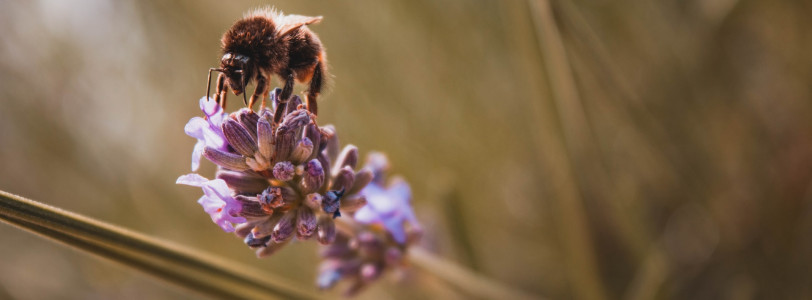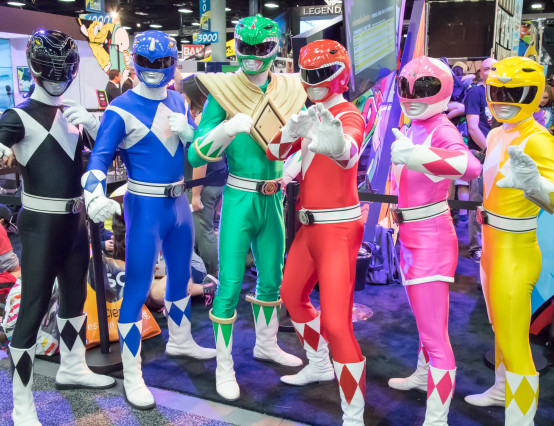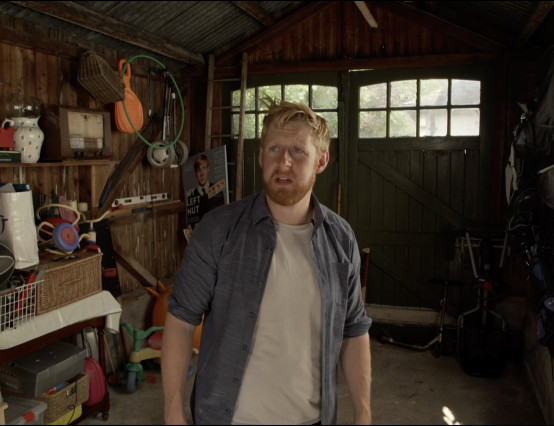A pesticide that harms bee populations, and was due to be implemented this year in England’s sugar beet fields, will not be used after cold weather killed off virus-transmitting insects.
Emergency authorisation was given by the government earlier this year, sanctioning the outdoor use of a pesticide that contained the neonicotinoid thiamethoxam. This came after the government was pressured by the National Farmers’ Union and British Sugar amid fears of the threat posed by the virus yellows disease.
The decision to provide emergency authorisation was met with outrage, and legal action was threatened against the government. However, the Environment Secretary, George Eustice, has since stated that the necessary threshold for the product’s use was not met after modelling suggested 8% of sugar beet crops were likely to be affected by the virus this year.
The Department for Environment, Food and Rural Affairs (Defra) has also said that stringent conditions were attached to the authorisation of the pesticide’s use. This meant it could be only used if modelling had suggested that the level of virus infections would reach 9% or more across the national crop of sugar beets.
Despite an increased awareness of the long-term health risks involved with the consumption of refined sugar, the homegrown industry in the UK remains highly profitable. Regardless, there is a growing concern surrounding the effect of pesticides on pollinators, such as bees, as insect populations and local ecosystems decline. This is exacerbated by the fact that pesticides can run into rivers due to a lack of safeguards over their use.
Studies have shown that the use of neonicotinoids can harm pollinators and aquatic life, while also contributing to a serious decline in biodiversity.
Dr Doug Parr, chief scientist for Greenpeace UK, said the evidence of the risk involved in the use of neonicotinoids was continuing to grow and that this latest episode should be the UK government’s ‘last dalliance with these bee-killing chemicals’.










Yay positive environmental news! I mean I think this was the stuff that was banned in the EU so would have never happened with out brexit but... At least it hasn't happened bees are stupidly important to our ecosystem. I suppose living in Manchester I'm also a little biased.